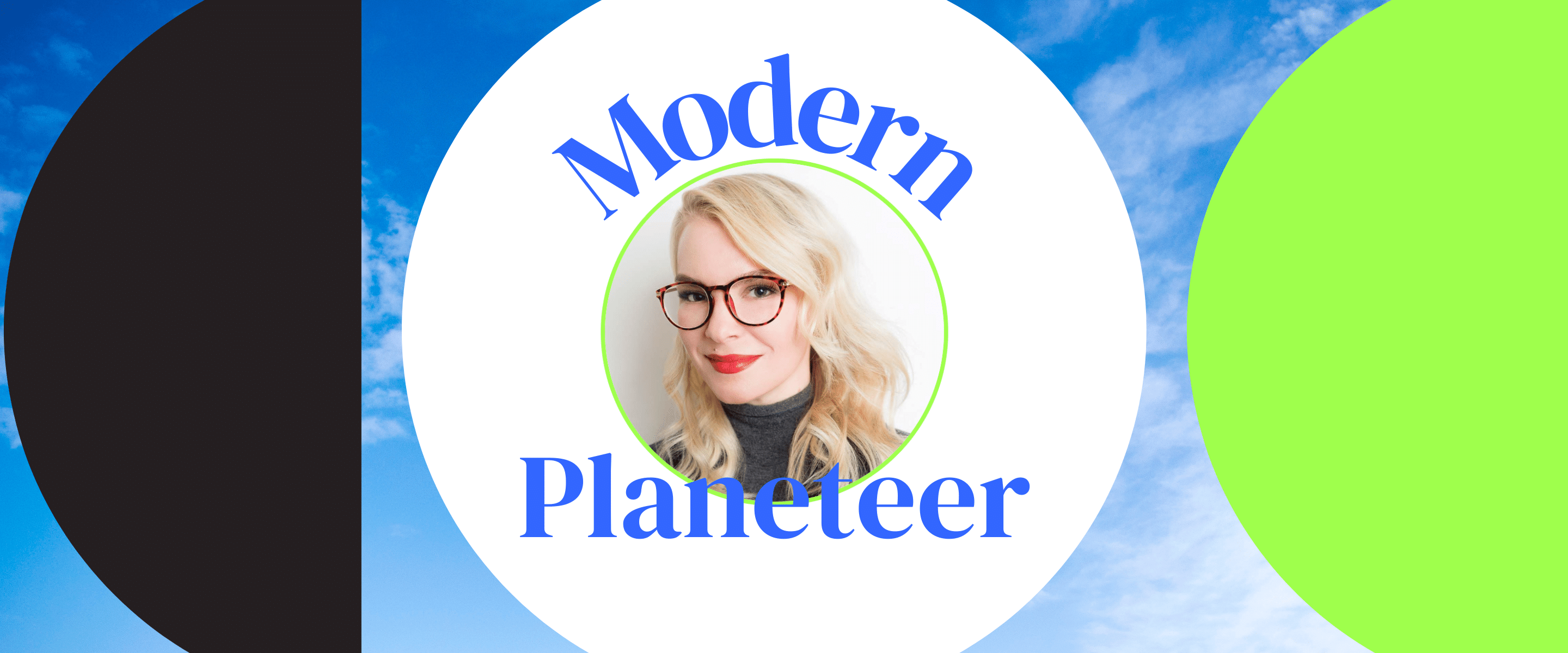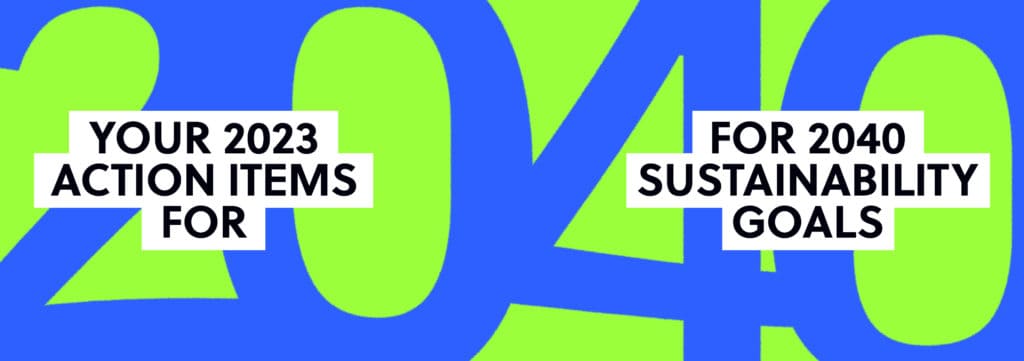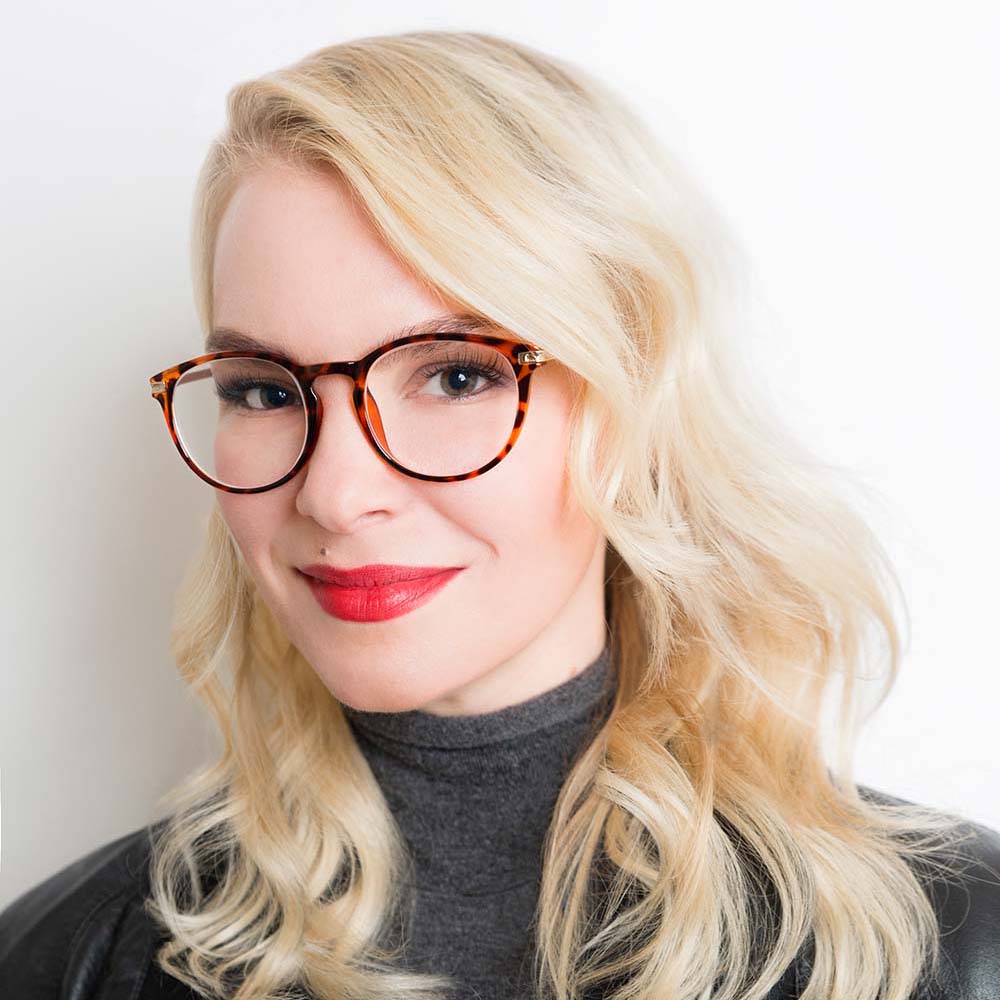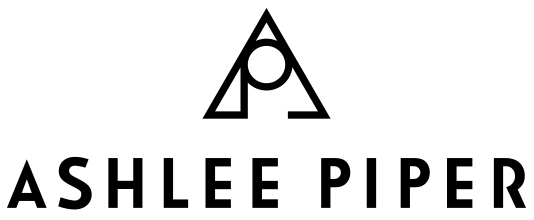Ashlee Piper | Modern Planeteer


Your Action Items for 2040 Net-Zero
Over 702 companies on the Forbes 2000 have made net-zero pledges. Whether your organization has made a pledge or plans to make one soon, there’s a massive difference between pledging net-zero and achieving it. Do you have a clear roadmap for your sustainability journey? What are the right steps to consider to achieve 2040 net-zero carbon, water, and waste goals? It’s time to create a clear roadmap.
Ashlee Piper, a trailblazing sustainability authority, empowers individuals and businesses to adopt eco-friendly practices.
Welcome to our latest edition of Modern Planeteers, where we celebrate inspiring individuals tackling the climate crisis and building a sustainable future. Today, we’re happy to introduce Ashlee Piper, a renowned sustainability expert, author, and speaker. Ashlee’s bestselling book, Give A Sh*t: Do Good. Live Better. Save the Planet., has become a go-to resource for those interested in eco-friendly living. With extensive experience consulting for notable companies like Airbnb, LUSH, Nissan, and Eileen Fisher, Ashlee is also a sought-after presenter at prestigious events such as the United Nations, SXSW, and TED.
In this insightful Q&A, Ashlee shares her journey from a high-profile career in government and politics to becoming an eco-lifestyle expert, the importance of making eco-friendly living information accessible and engaging, and her thoughts on the future of sustainable business practices. Let’s meet Ashlee Piper, a true Modern Planeteer!
Meet Ashlee Piper, a Modern Planeteer!

Ashlee Piper is a sustainability expert, author and speaker whose work has been featured on 270+ television segments, including The TODAY Show, Good Morning America, and CNN, and in VOGUE, The Washington Post, InStyle, and NY Magazine. Piper’s bestselling book, Give A Sh*t: Do Good. Live Better. Save the Planet. has been hailed as the ‘sustainability Bible’ by celebrities and reviewers. She’s consulted on sustainability practices with well-known companies such as airbnb, LUSH, Nissan, and Eileen Fisher, has been a cabinet-level advisor to two Massachusetts Governors, and has spoken at the United Nations, SXSW and TED. Piper is also the creator of the #NoNewThings Challenge, and is a Professor of Sustainability Marketing. She holds a BA from Brown University and a Masters degree in Evidence-Based Social Intervention from the University of Oxford, UK.
ABOUT THE MODERN PLANTEERS SERIES
The 90s cartoon Captain Planet is an unexpected part of CarbonBetter’s origin story. Our founder, Tri Vo, was inspired as a child by the “Planeteers,” who fought eco-villains that were trying to destroy the planet. He learned that everyone can make a difference and every step in the right direction matters. Today, the business that Tri built helps companies in all industries decarbonize, and we’re not alone in doing our part to fight climate change. In this series, we feature modern day Planeteers—heroes who are working to save our planet. You can be one too!
Explore the SeriesAshlee, for those who may not be familiar, can you tell us a little about you and what you do?
I’m a former political strategist-turned-eco-lifestyle expert, speaker, consultant, and author (before there really were any ‘eco-lifestyle’ or sustainability influencer/expert-type folks.’) Back in 2012, I transitioned from a high-profile career in government and politics, where I was a cabinet-level adviser and consultant focusing on campaign messaging, to navigating my place in the fledgling sustainability world. I noticed that it wasn’t a conversation topic, for instance, in mainstream media, like TV and magazines, so I decided I’d start there. I had no contacts or experience, I just knew if we could make sustainable living information accessible in a warm, fun, quickly educational way, people would get over some of the stigmas around eco-friendly living and actually give some of these shifts a whirl. And it worked. Since then, I’ve done 275+ TV segments, I have a bestselling book on sustainable living (think of it as a fun, ‘Choose Your Own Adventure’ primer for anyone on their eco journey), and I speak, teach sustainability marketing, and consult with global companies on how to enhance and message their sustainability efforts. It’s been an entirely self-made career with no blueprint, and it’s kind of wild!
What does your day-to-day look like? What kinds of projects are you working on currently? Do you have any exciting projects coming up?
It sounds cliched, but no two days are alike. Right now, it’s Earth Month, so I’m preparing talks for a variety of private and public speaking events. Each one is unique, so I create them from scratch based on an organization’s needs. I also do a bunch of social media takeovers and lives for orgs around this time, and though I don’t really consider myself an influencer, I’ll occasionally devote some time to creating compelling content on my Instagram (could use some work in that department!). I’m also gearing up for teaching in the fall, getting the syllabi together. And lastly, I’m working on my second book, which focuses on my NoNewThings Challenge (minimalism-meets-frugality-meets-sustainabilty), and a sustainability-focused TV concept. So, I’ll do bits of all of that in a day, and then the usual life maintenance stuff (cat’s gotta get fed, laundry’s gotta get done). I’m also recovering from surgery AND training for the Chicago Marathon, so I devote some time to those pursuits, as well.
What is your book, Give a Sh*t: Do Good. Live Better. Save the Planet., about?
It came out in 2018, before there were a lot of climate and sustainable living books. I wanted to create something I would’ve loved to have when I was embarking on my own eco journey—something fun and approachable, with lots of info and options that I could use to guide me wherever I was on my eco journey. Growing up, we had these ‘Choose Your Own Adventure’ books that were so rad, and I wanted it to feel a bit like that. Anyone can pick it up and find positive, small shifts they can try that make a difference and might fit well into their lives. And if they don’t gel with one of them, they might gel with another. I’m all about offering options to make eco-friendly living a joyful, exciting experience for people.
Can the tips and advice in your book also apply to businesses?
Heck yes! There’s an entire section on sustainability in the workplace, which is as much about what individuals can do (because so many of us aren’t in a position to make sweeping policy changes at the organization level where we work) as it is replete with recommendations for companies who want to make big changes and codify their sustainability values in their strategic plans.
“Messaging—the ability to evolve it, pivot it for different audiences, etc—is going to make or break the climate movement.”
Ashlee Piper, Sustainability Author and expert
What's your favorite eco-friendly habit, or what's the most effective habit that you wish more people knew about?
It's less a habit, and more the elephant in the room that I find many eco folks don't want to acknowledge. Eating less, or better yet, no meat, is the single most positively impactful thing we can do as individuals. Food is really personal and touchy for people, even in the sustainability community, even with the wide body of longitudinal evidence we have around factory farming's incredibly harmful impacts (and anywhere from 93-98% of the meat provided in the United States is from CAFOs or factory farms). I'll go to sustainability events and conferences, and these experts talking about how we all need solar panels and EVs are chowing down on pork chops. It's not a judgment piece, but rather a cognitive dissonance area in the industry. We're so focused on the macro-level steps sometimes that we've completely absolved ourselves from understanding that this personal shift makes an enormous difference.
What's one thing anyone reading this can do today to help progress this current shift in our economy towards a more sustainable future?
Perhaps an unpopular opinion, but buy less stuff, especially less new stuff. My next book really focuses on the intersection of Western consumerism and climate change, and if we cooled our consumption habits a bit and worked more with items we already have, much of the industrial and emissions burden on the planet could be alleviated.
Do you think climate policy or stakeholders, such as consumers or investors, will ultimately have a bigger impact in pressuring companies to accelerate the implementation of sustainable business practices in the coming years and decades? And does this affect the way businesses should approach their goals and targets?
I'm a big believer in the power of the individual. Just as it happened with the ozone layer and eventual regulation and phasing out of Chlorofluorocarbons (CFCs), we are going to see (and we're already seeing) citizen activists come together to force policy, regulation, politics, production, and accountability shifts.
What is one thing you wish companies would stop wasting their time and/or money on when it comes to sustainability?
Performative sustainability that is substanceless—like, new 'collections' or 'collabs' that are supposedly sustainable but really aren't and just create a new production burden and perpetuate greenwashing. The most meaningful moves in sustainable business are often the least sexy—and many folks don't know about or understand them. I think the future of business is in translating ESG into storytelling that resonates with a variety of audiences.
What is one of the best or most worthwhile investments you’ve ever made? (Could be an investment of money, time, energy, etc.)
Sounds small, but composting. I have a subscription pickup service, so it's a little bit of money and a little bit of time to create the habit change, but I've been doing it for 8 years, and now it's such a part of my life that I'm like a fish out of water when I go somewhere that doesn't have composting.
How has a failure, or apparent failure, set you up for later success? Do you have a “favorite failure” of yours?
It makes you stronger, for sure. And for me, I feel I'm at my best when I'm building back from a disappointment or rejection. When I first went out with my agent to pitch my book, Give A Sh*t—a proposal I'd spent years concepting and creating—no publishers would bite. I was told over and over again that 'nobody wants an eco-friendly living book,' that there's no market for that. And I was like, 'There will be! I promise! I just know it!' And so, I took some time off to lick the disappointment wounds from what seemed like a failure to me and recalibrated. Six months later, I went back out with a revitalized proposal, and many publishers were interested. I think I needed that 'time off' to realize how strong my commitment to this work was, and how much I wanted to fight for it.
Have you read or listened to anything lately that you feel is important content for our readers to check out?
Katharine Hayhoe's work is so interesting and needed to me. I come from a more conservative background, and though I'm not conservative, being able to effectively communicate with folks who have different viewpoints without creating a defensive or contentious conversation is so vital to the movement. Because climate work is an all-hands-on-deck undertaking, and we need everyone. I often will have folks ask me why I go on Fox News, and I'm like, 'If anything, these are the viewers who deserve and need to hear climate and sustainability information in a more palatable way than any other group!' It could be the political strategist in me, but messaging—the ability to evolve it, pivot it for different audiences, etc—is going to make or break the climate movement.
If you had unlimited resources, what’s one project you would love to focus on that you might otherwise not get done?
Dang! Where to start? Well, if I had unlimited contacts and resources, I'd have this TV show on eco-friendly living in the works and out there! I genuinely feel that meeting people where they are with important information in an entertaining way is a great way to message to the masses without them feeling preached to.
If you were to give a Planeteer Alert, what hot button topic would you highlight for people to learn about?
Eating less meat.
Who was your favorite Planeteer, and why?
Kwame (Earth)! I grew up on Reading Rainbow, so I'm a LeVar Burton fan for life!
If you were a Planeteer, what superpower would you want to have?
I'm Southern, and I think I'm a great hostess—I'd be the one who rolls out the welcome wagon and makes people of all ilks feel embraced by and important in the movement. I strongly believe that more folks would live sustainably and feel of import if we just welcomed them and recognized their unique contributions.
About Ashlee Piper
Ashlee Piper is a renowned sustainability expert, author, and speaker who passionately advocates for eco-friendly living. Her best-selling book, Give A Sh*t: Do Good. Live Better. Save the Planet., has been hailed as the 'sustainability Bible.' With over 270 television appearances and features in major publications, Ashlee has transformed the conversation around sustainable living. She also consults with global companies to enhance their sustainability efforts.
